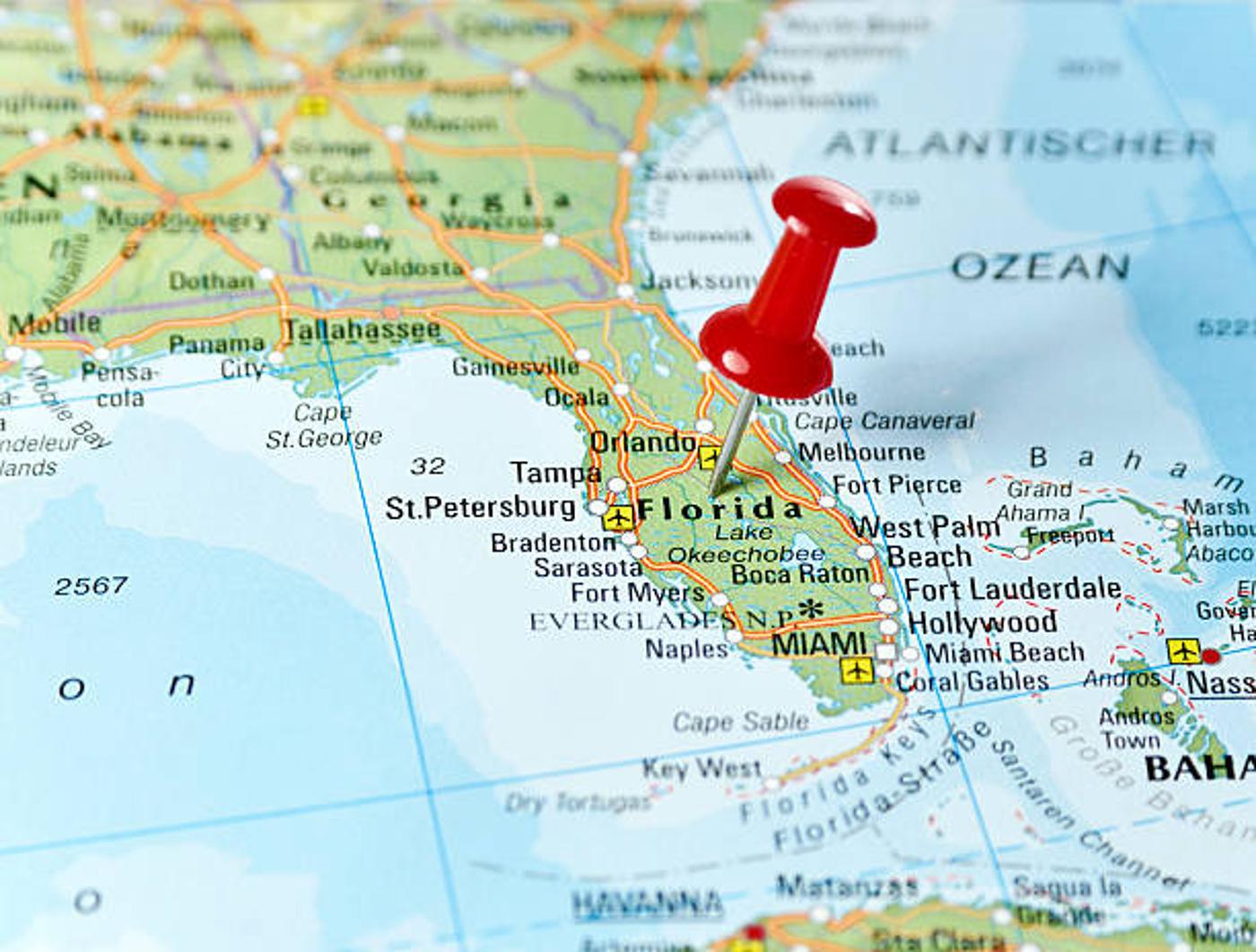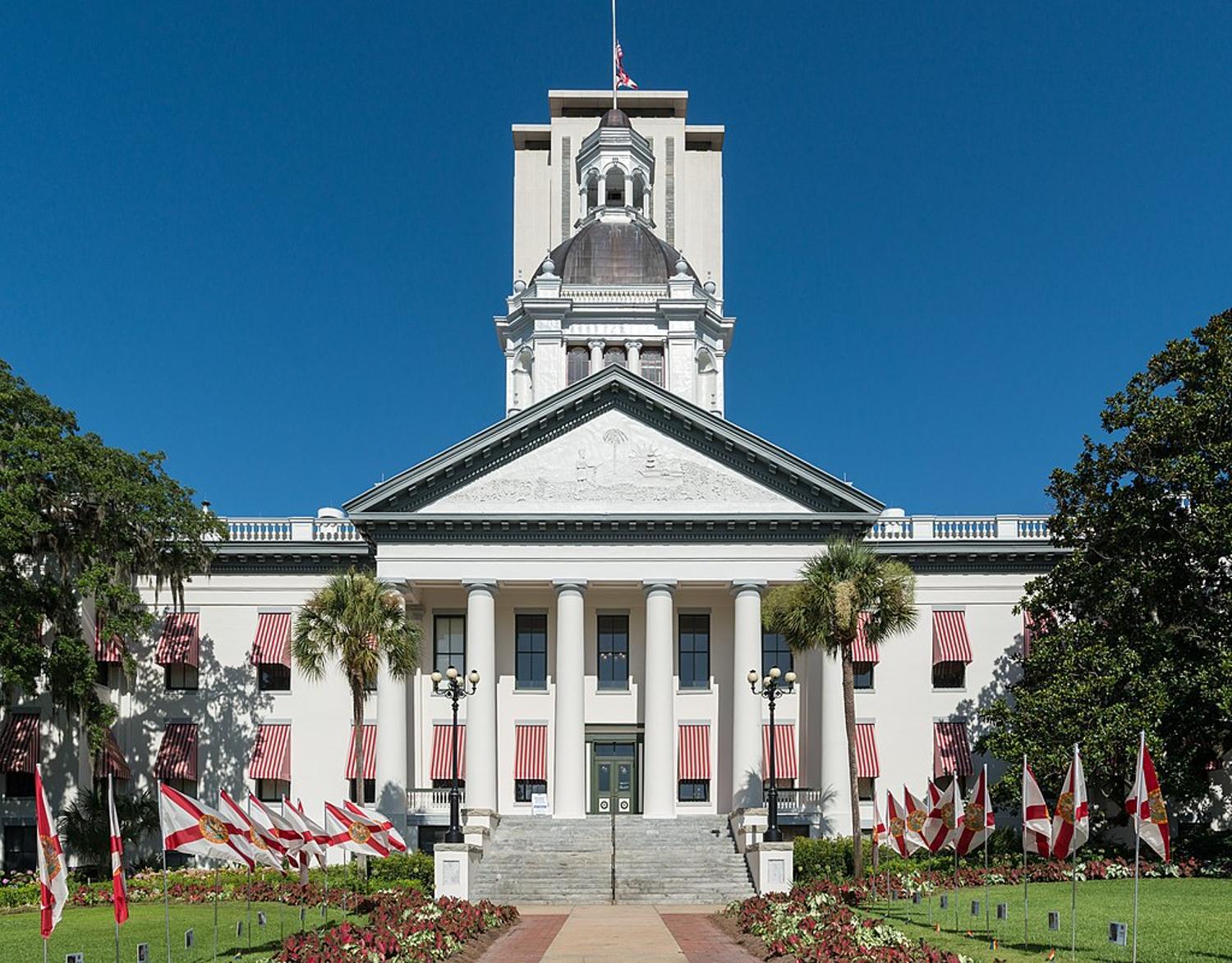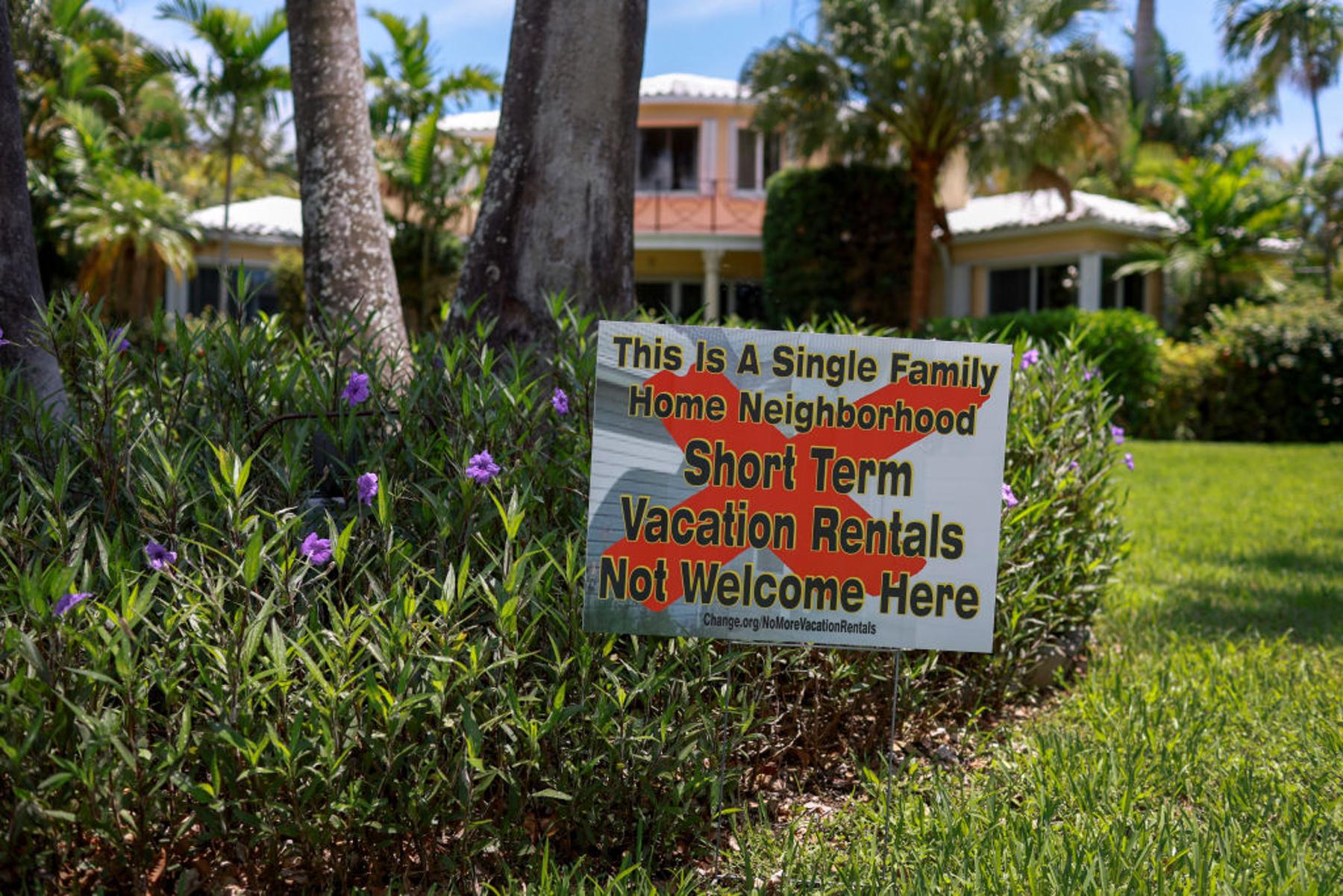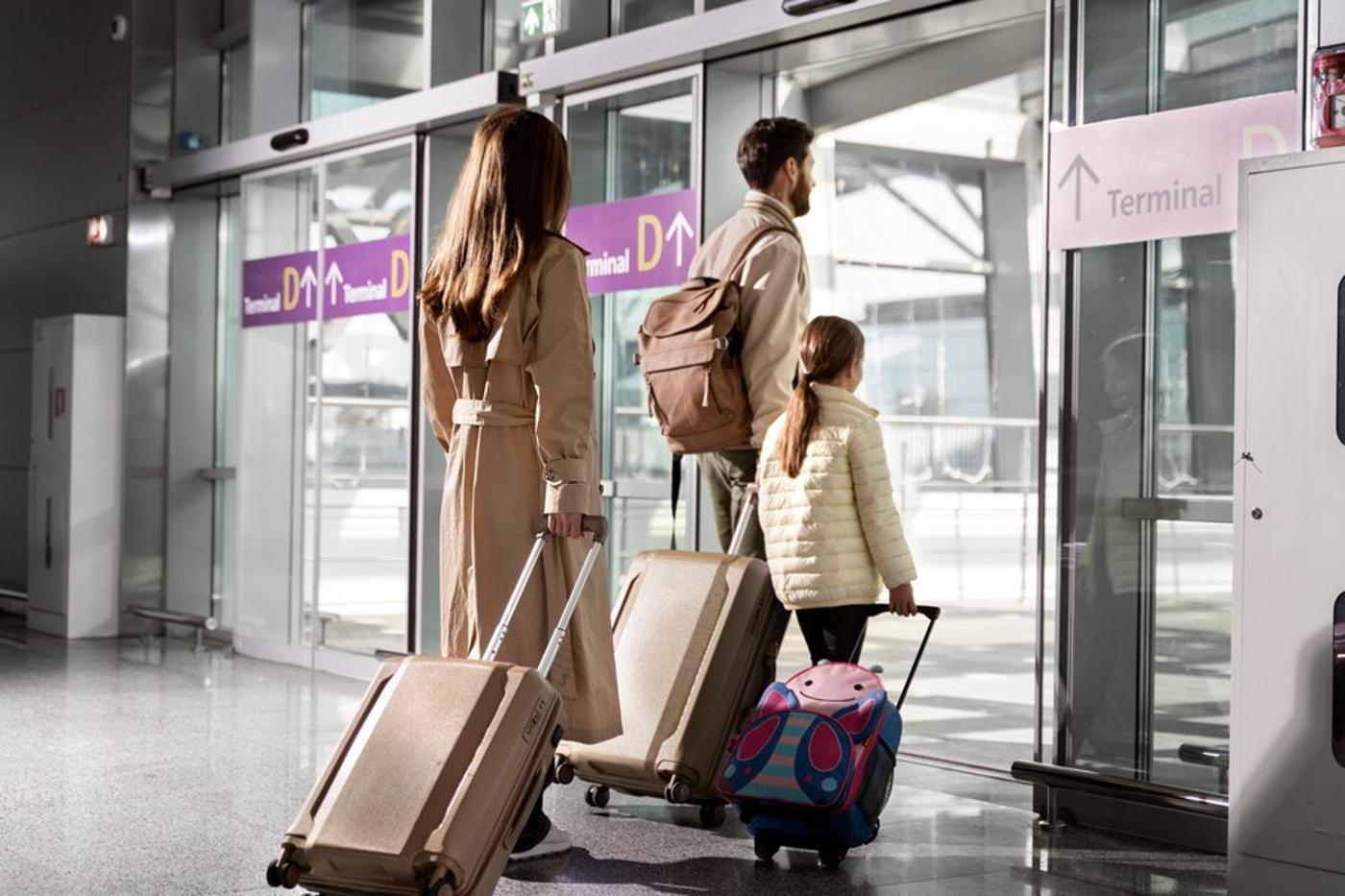Florida’s Governor Ron DeSantis is making headlines yet again for his most recent decision to veto the controversial SB 280 vacation rental bill.
Some agree with the governor’s decision, arguing that passing the bill would have negatively affected the state’s tourism industry. But others are disappointed, as the bill would have given more power to local governments to ensure their neighborhoods stay resident-friendly.
Florida’s Vacation Rental Bill

In 2011, Florida lawmakers passed legislation prohibiting local governments from imposing restrictions on vacation rentals. The bill received significant backlash from Florida residents who wanted their areas free from short-term rentals. However, the law remained in place.
Now, more than a decade later, another bill (SB 280) was proposed and passed in both the Senate and the House that finally implemented stricter rules for short-term vacation rentals. However, DeSantis has vetoed the bill.
Breakdown of Florida’s SB 280 Vacation Rental Legislation

Florida’s SB 280 bill, sponsored by Republican Nick DiCeglie, proposed implementing a statewide maximum overnight limit, allowing local governments to charge vacation rental owners registration fees, and increasing violations to up to $500 for homeowners who didn’t follow protocol.
It even included a clause that would allow local governments to completely ban short-term rentals in their counties if they preferred.
A Controversial Bill From the Start

The vacation rental bill was controversial from the start. It only passed by 23-16 in the Senate and by an even narrower 60-51 in the House.
There were, of course, two sides to the debate: One side felt that vacation rentals have become a real problem throughout the state of Florida, while the other argued they provided necessary income for thousands of residents and generally improved the state’s overall economy.
Why Are Vacation Rentals Bad for Floridians?

Millions of Florida residents are wildly frustrated by short-term vacation rentals via websites like Airbnb and Vrbo because they increase the cost of living in the neighborhood, diminish the feeling of community, and cause problems, such as noise pollution and excess trash.
These Floridians were thrilled with the proposition that would limit the number of short-term rentals throughout the state, increase regulations for homeowners, and even offer them the possibility of voting to ban vacation rentals in their country.
Vacation Rentals Are a Vital Part of the Florida Economy

On the other hand, millions of Sunshine State residents were vehemently against the bill as they argue renting one’s home out to tourists isn’t just their right as property owners but a vital aspect of the state’s economy.
And, to be fair, that is absolutely correct. Florida has an almost unbelievable 830,000 vacation rental properties, which make residents millions of dollars every year.
Tourism Is the Largest Industry in Florida

Tourism is the leading industry in the state of Florida. It provides more than two million jobs to residents around the state, generates $73 billion per year for workers, and even raises over $8.1 billion in annual state tax revenues.
In fact, visitors contribute $333 million to Florida’s economy every day. In 2022 alone, travelers, both foreign and domestic, spent a whopping $124.9 billion in the Sunshine State.
Tourists Ensure All Businesses Thrive

While the tourism industry itself is widely responsible for Florida’s thriving economy, it also affects many other aspects of the state’s profits.
Small businesses, restaurants, cafes, and even gas stations all thrive when Florida’s tourism is booming. Therefore, it’s crucial that the state remains as tourist-friendly as possible.
Americans Prefer Home Rentals Over Hotels

Reducing the number of vacation rentals across the state, even marginally, could be extremely detrimental to the tourism industry. Over the years, Americans have become increasingly dissatisfied with hotels, choosing vacation rentals instead.
Vacation rentals are great for families, groups, and even couples who prefer the privacy of a home. More often than not, vacation rentals are more affordable and have more to offer. Without them, there could very well be fewer Florida visitors.
Why Did DeSantis Veto the Vacation Rental Bill?

For these reasons, as well as pressure from millions of Florida residents and even several government leaders, DeSantis vetoed the most recent vacation rental bill.
But it’s also important to note that DeSantis argued the bill was too simple in its approach to vacation rentals. He argued this is not a “one size fits all issue” as the bill proposes. DeSantis hopes his fellow lawmakers can find a way to make all Floridians happy with the regulations for vacation rentals.
DeSantis Is Striving to Keep Florida Profitable

In regard to the vacation rental bill, there was no way to make everyone happy. But what DeSantis is trying to do, above all else, is keep Florida’s economy flourishing.
Although DeSantis is certainly a controversial leader, hardly anyone can argue that the governor hasn’t improved the state’s economy over his two terms. In fact, according to Bloomberg, Florida’s economy has boomed under the current governor.
DeSantis Can’t Seem to Stay Clear of Controversy

This vacation rental veto is only the latest in a long line of contentious decisions from the Republican governor. With two years left in this term, DeSantis is clearly trying to make the most of his time in office, not only to ensure Florida residents are happy with his leadership but also to show the nation what he can do.
It’s highly likely that DeSantis will run for president in 2028, so the nation is watching closely to see how he handles situations like the vacation rental debate and decide if he is fit to take on the White House.








































